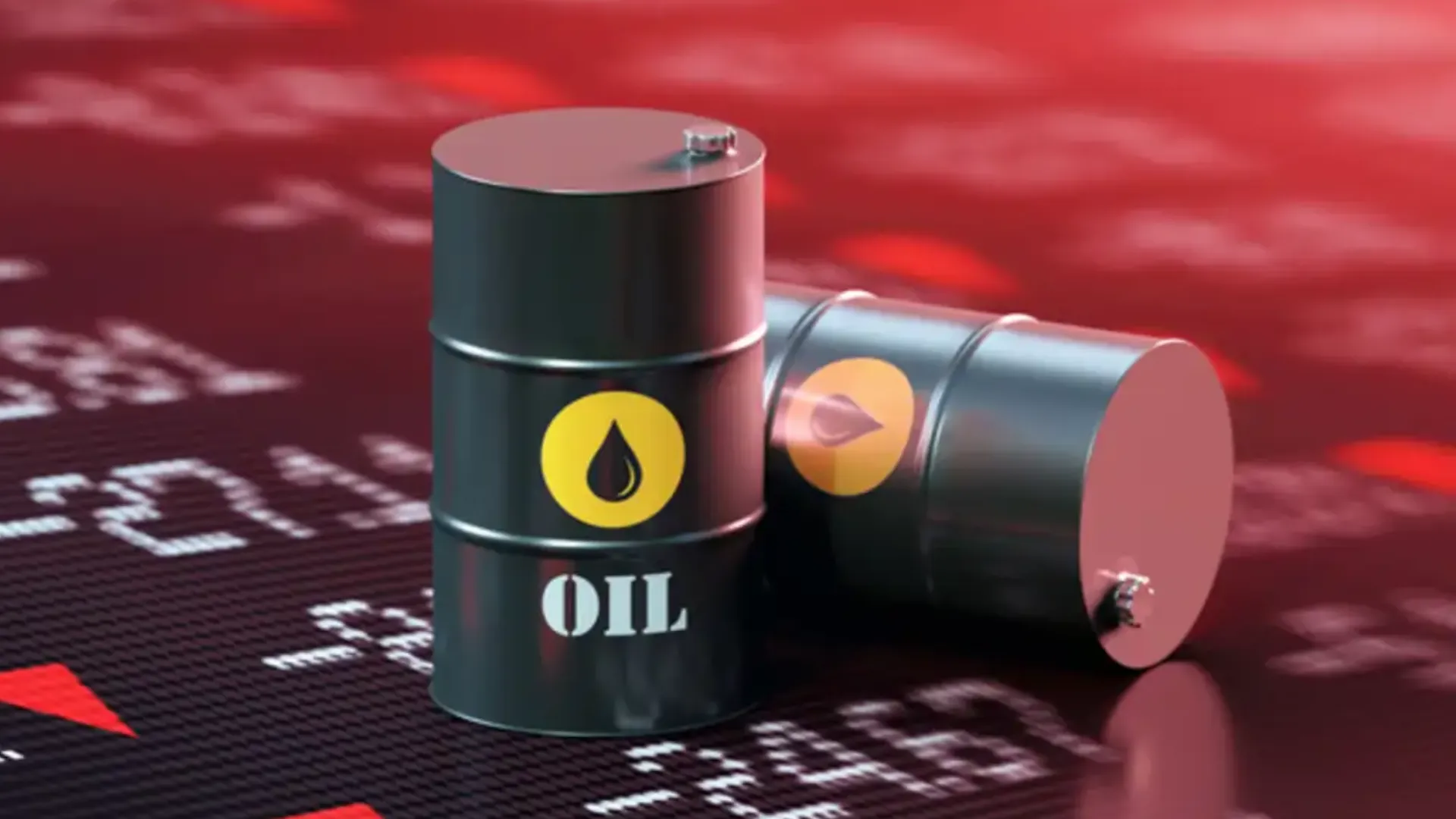Global oil prices soared on Friday after Israel confirmed it had launched a military strike on Iran, sparking fears of a broader conflict in the energy-rich Middle East. The escalation caused the benchmark Brent crude price to spike by more than 10%, reaching its highest point since January, before settling slightly lower.
Though prices eased somewhat, Brent crude remained over 5% higher than Thursday’s close, trading at approximately $70.60 a barrel. This jump raised alarms in global markets, given oil’s critical role in fueling not just vehicles but also in determining the cost of a range of goods, including food and transport.
Market Reaction Across Sectors
The geopolitical tension rattled financial markets worldwide. Asian and European stock indices tumbled, with Japan’s Nikkei falling 0.9% and the UK’s FTSE 100 closing down 0.39%. In the U.S., the Dow Jones Industrial Average slid 1.79% and the S&P 500 dropped 0.69%.
Investors moved their money into so-called “safe haven” assets. Gold prices surged 1.2% to $3,423.30 an ounce, their highest in nearly two months. The Swiss franc also saw a spike, reflecting a typical investor response during periods of uncertainty.
Risk of Worsening Conflict
Israel’s attack reportedly targeted Iranian nuclear sites and military commanders. In response, Iran is said to have launched around 100 drones toward Israel. Analysts say the next few days will be crucial in determining the conflict’s direction.
Vandana Hari of Vanda Insights told that, “It’s an explosive situation, albeit one that could be defused quickly as we saw in April and October last year… It could also spiral out into a bigger war that disrupts Mideast oil supply.”
According to Capital Economics, if Iran’s oil infrastructure is hit, Brent prices could spike to between $80 and $100 a barrel. However, such price surges might push other oil-producing nations to ramp up output, thereby stabilizing prices and reducing inflationary impacts.
Impact on Consumers and Oil Supply Routes
RAC spokesman Rod Dennis said it was “too soon” to predict how rising oil prices would affect fuel costs at the pump. “It depends on whether the wholesale prices stay elevated and what margin retailers apply,” he noted.
A worst-case scenario could see Iran disrupt the Strait of Hormuz, a vital route through which nearly 20% of the world’s oil flows. Experts warn the global market is now watching this high-risk flashpoint closely.























